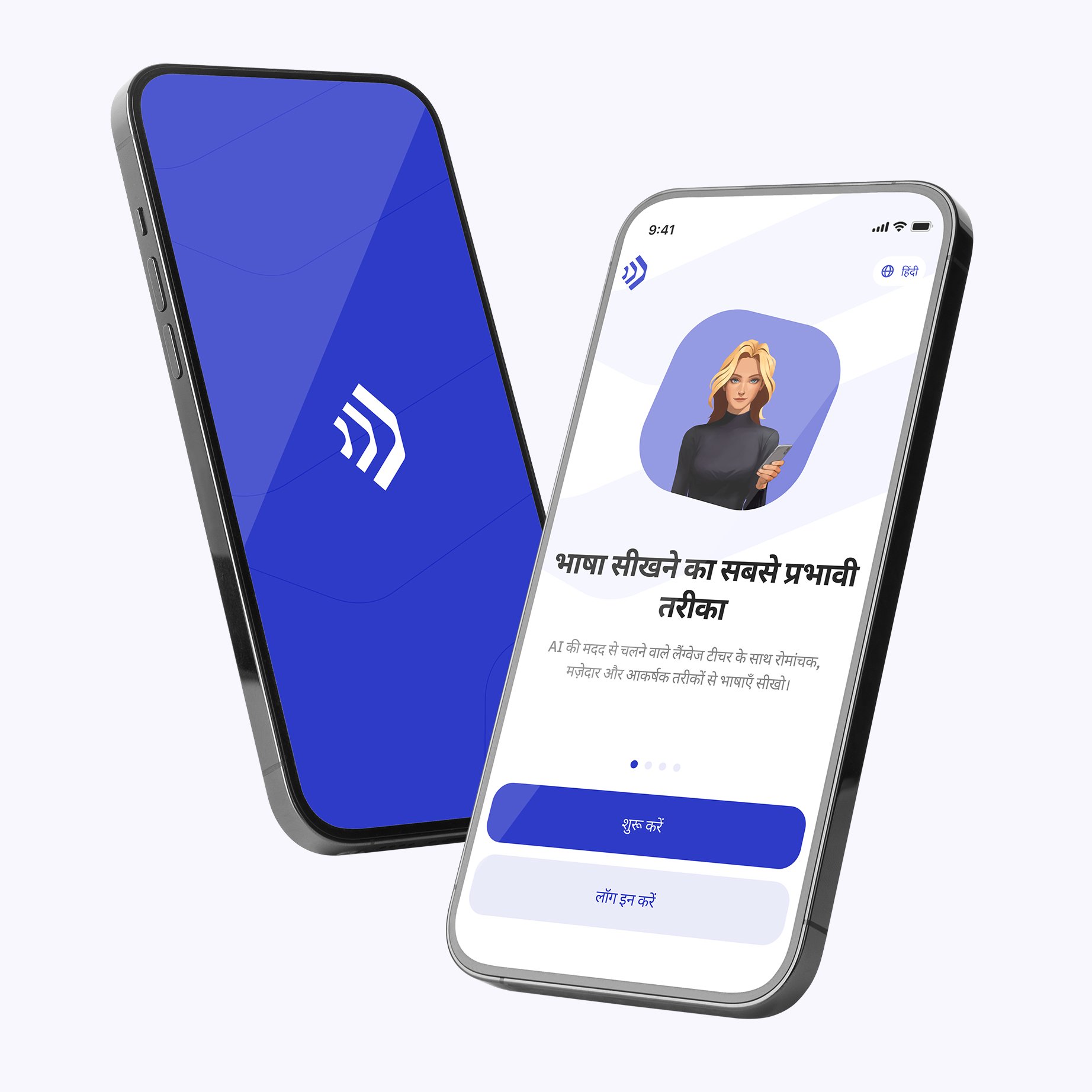परोक्ष भाषण का अभ्यास करते समय हमें बोले गए वाक्यों को ध्यानपूर्वक सुनना और समझना होता है, ताकि हम उन्हें सही ढंग से परिवर्तित कर सकें। इस प्रकार के अभ्यास से आपकी अंग्रेजी की गहराई और व्यावहारिक ज्ञान दोनों में सुधार होता है।
Exercise 1: Change the following sentences from direct to reported speech.
She said, “I am tired.” ➞ She said that she *was* (tense) tired.
He said, “I will call you tomorrow.” ➞ He said that he *would* (modal) call me the next day.
“Do you like coffee?” she asked. ➞ She asked if I *liked* (tense) coffee.
They said, “We have finished our work.” ➞ They said that they *had* (tense) finished their work.
“Why did you go to London?” he asked. ➞ He asked why I *had* (tense) gone to London.
“I can help you,” John said. ➞ John said he *could* (modal) help me.
She said, “I must go now.” ➞ She said she *had* (modal) to go then.
“We might win the game,” the coach said. ➞ The coach said they *might* (modal) win the game.
He said, “I have been waiting for hours.” ➞ He said he *had* (tense) been waiting for hours.
“I’m going to start a new job,” she said. ➞ She said she *was* (tense) going to start a new job.
“Will you be attending the meeting?” he asked. ➞ He asked if I *would* (modal) be attending the meeting.
“We won’t be late,” they promised. ➞ They promised that they *wouldn’t* (modal) be late.
She whispered, “I’m scared of the dark.” ➞ She whispered that she *was* (tense) scared of the dark.
“I did not see him at the party,” she said. ➞ She said that she *had* (tense) not seen him at the party.
“Let’s go out for dinner,” they suggested. ➞ They suggested *going* (verb form) out for dinner.
Exercise 2: Convert the direct speech into reported speech.
“You must finish the report by Monday,” the manager said. ➞ The manager said that I *had* (modal) to finish the report by Monday.
The teacher said, “The Earth goes around the Sun.” ➞ The teacher said the Earth *goes* (tense) around the Sun.
“I have been to the new cafe,” she mentioned. ➞ She mentioned that she *had* (tense) been to the new cafe.
“We are planning a party for our friend,” they told me. ➞ They told me that they *were* (tense) planning a party for their friend.
“I’ll be using the car this evening,” he informed me. ➞ He informed me that he *would* (modal) be using the car that evening.
She said, “My brother is not feeling well.” ➞ She said her brother *was* (tense) not feeling well.
“Have you seen my keys?” she queried. ➞ She queried if I *had* (tense) seen her keys.
“I used to live in Paris,” he reminisced. ➞ He reminisced that he *had* (tense) used to live in Paris.
“You shouldn’t smoke,” she advised. ➞ She advised that I *shouldn’t* (modal) smoke.
“I’m thinking of moving to Canada,” he mused. ➞ He mused that he *was* (tense) thinking of moving to Canada.
The child exclaimed, “I saw a shooting star!” ➞ The child exclaimed that he/she *had* (tense) seen a shooting star.
“Could you please close the window?” she requested. ➞ She requested that I *please* (modal) close the window.
“We have never been to Asia,” they stated. ➞ They stated that they *had* (tense) never been to Asia.
“Don’t forget to send the email,” he reminded me. ➞ He reminded me *to* (verb form) send the email.
“We may arrive late due to traffic,” they warned. ➞ They warned that they *might* (modal) arrive late due to traffic.










